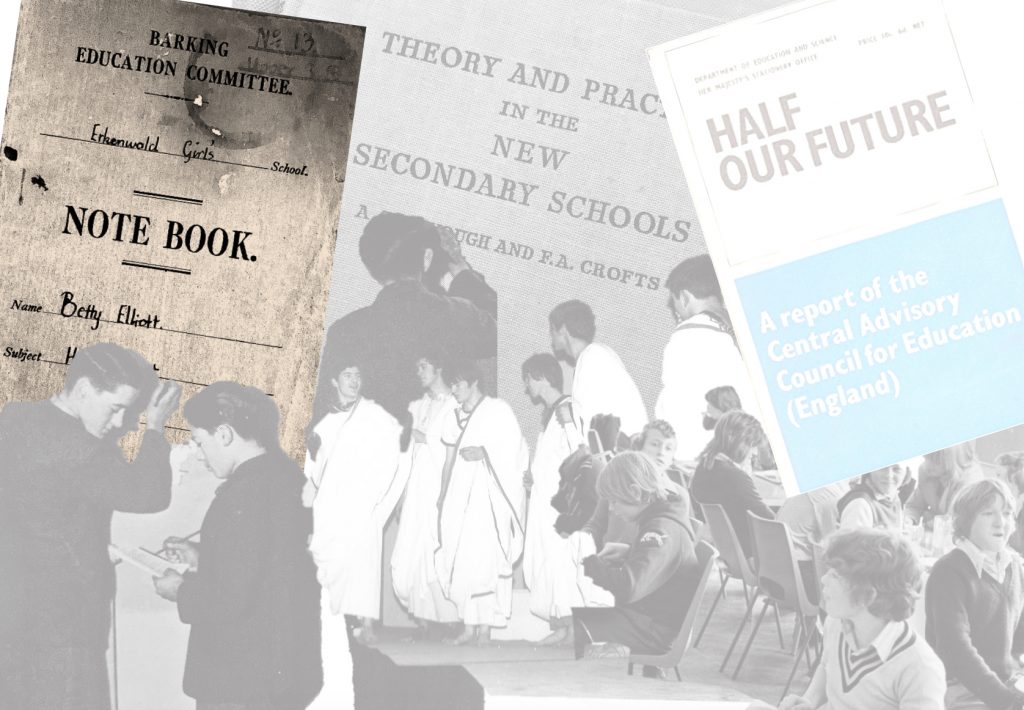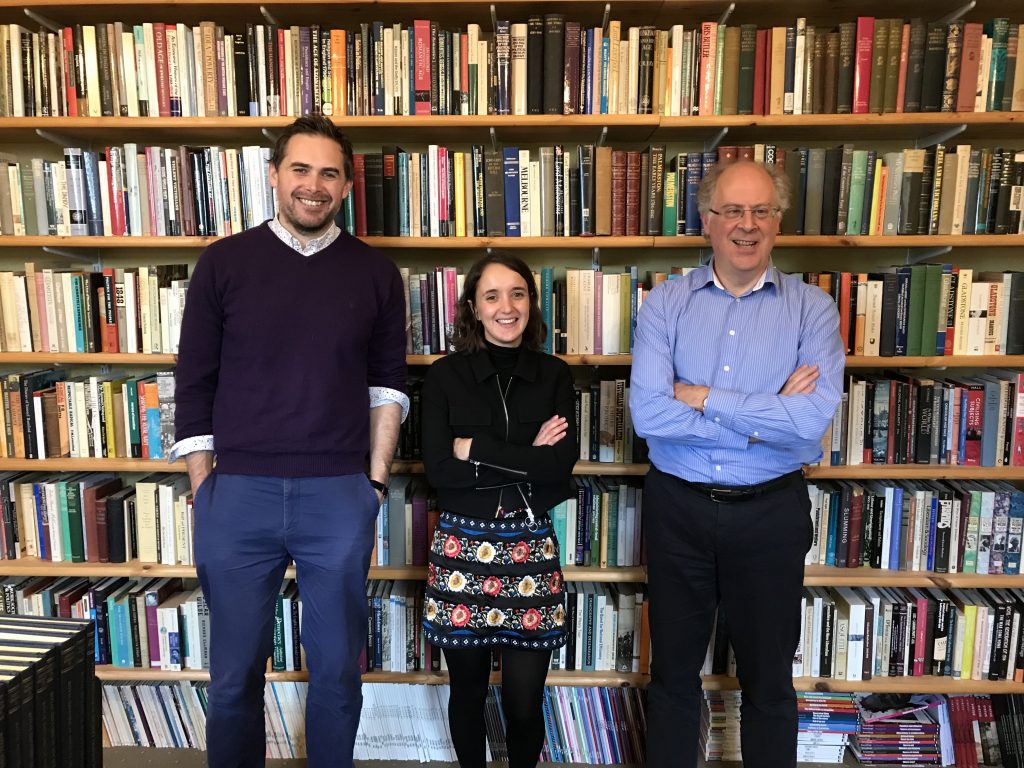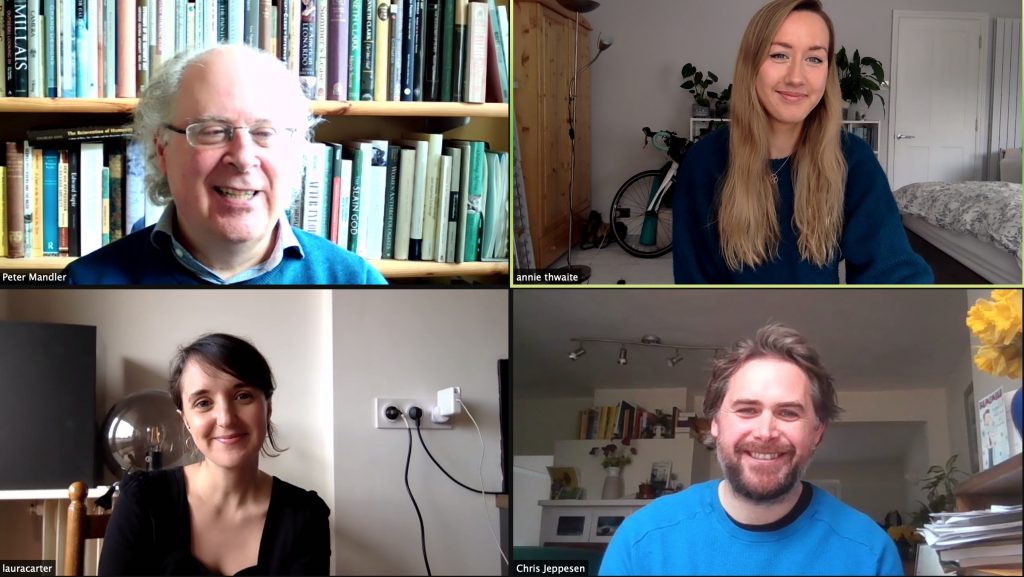
The 1944 Education (Butler) Act overhauled the structure of British education. For the first time secondary schooling became a mass experience, which would have an impact upon the life course of successive generations growing-up in late 20th century Britain. By 1961 3.2 million pupils were being educated in state-funded secondary schools, and over 600,000 in the independent sector. Over the ensuing 50 years, educational reform has repeatedly divided political and popular opinion as successive governments have attempted to remodel the system.
Yet while this narrative of political meddling has been exhaustively told, we know very little about what pupils and parents thought mass education was for after 1945. Reform of the system occurred against a backdrop of profound social and economic transformation across British society. Traditional social structures appeared to fragment as processes including affluence, social mobility, a decline in deference, individualism and consumerism reconfigured how individuals understood their position within wider society.
The SESC project uses quantitative as well as qualitative material from the birth-cohort studies, other social surveys, school and local authority archives and oral histories to track the effects that universal secondary education – suddenly achieved after the Second World War – had on the individual life course, career aspirations and achievements, and the experiences and identities of specific communities. Rather than relying entirely on ‘expert voices’ – politicians, commentators or teachers – we ask how the everyday experience of education shapes and reflects pupils’ and parents’ aspirations, expectations, and sense of self, across their lives from youth to employment to parenthood. We will also be asking members of the public to share their memories, photos, and personal reflections on secondary education with us as the project progresses.
Our findings will combine a broad national overview with a series of local case-studies to root the experience of education within specific contexts. Unlike previous studies, our research looks beyond England and Wales to consider the whole of Britain and the complete spectrum of schools (secondary modern, grammar, comprehensive and independent). SESC hopes to put education back into our understanding of modern British social history, as one of the crucibles of identity and experience across the life-course, not for some but the whole of the population.

Chris, Laura and Peter 
Peter, Laura, Chris and Annie (March 2021)
Who we are
Professor Peter Mandler – Principal Investigator
Peter is Professor of Modern Cultural History at the University of Cambridge. He works on the cultural, social and intellectual history of Britain since c. 1800 and on the history of the humanities and the social sciences in the English-speaking world
Dr Laura Carter – Research Associate
Laura is a social and cultural historian of modern Britain. Her PhD examined how popular social history was communicated in settings of mass education in Britain from the 1920s to the 1960s. She formerly worked as a Schools Liaison Officer, which galvanised her interest in mass education
Dr Chris Jeppesen – Research Associate
Chris is an historian of modern Britain and the British empire. His PhD looked at how the educational experiences of colonial officials influenced their career choices. His interest in this area emerged from his time as a schoolteacher prior to this PhD
Dr Annie Thwaite – Public Engagement Coordinator
Annie is originally a historian of medicine, and her PhD explored the material culture of healing in early modern England. As well as time spent working as a Teaching Assistant in a junior school, she has been involved in several different public engagement projects. She joins the team in 2020-21 to coordinate SESC’s school resource packs.
Project Partners
We will be working with the following organisations to help us connect our research to different audiences:
Advisory Board
The SESC project has an Advisory Board made up of academics with various specialist expertise, as well as representatives from our Project Partners. We meet with the Advisory Board annually to get feedback on our progress, and we keep in touch with them regularly for more specific advice and discussion. The people on our Advisory Board are as follows:
- Dr Lucy Delap (Reader in Modern British and Gender History, University of Cambridge, and Deputy Director, History & Policy)
- Professor Jane Elliott (Professor of Sociology, University of Exeter)
- Professor Claire Langhamer (Professor of Modern British History, University of Sussex)
- Professor Gary McCulloch (Professor of the History of Education, UCL Institute of Education)
- Professor Lindsay Paterson (Professor of Education Policy, University of Edinburgh)
- Conor Ryan (Director of Research and Communications, The Sutton Trust)
- Dr Florence Sutcliffe-Braithwaite (Lecturer in Modern British History, UCL)
- Rebecca Sullivan (CEO, The Historical Association)
- Professor Alice Sullivan (Professor of Sociology and PI of the 1970 British Birth Cohort Study, Centre for Longitudinal Studies, UCL Institute of Education)
- Professor Anna Vignoles (Professor of Education, Faculty of Education, University of Cambridge)